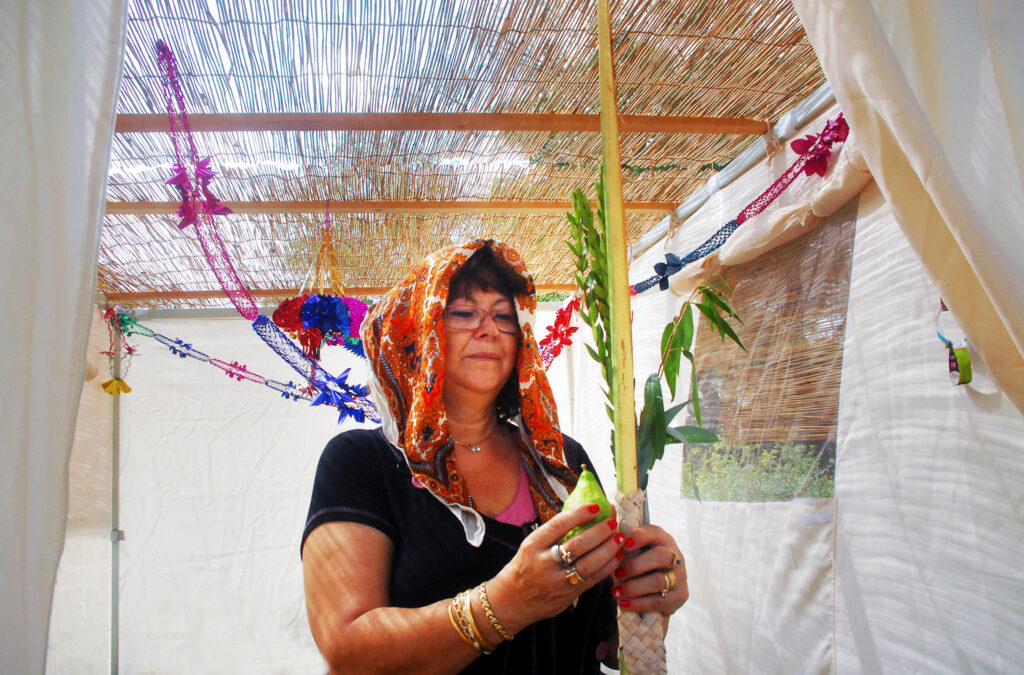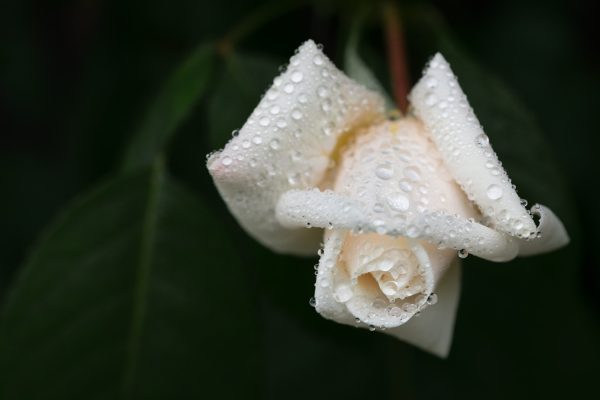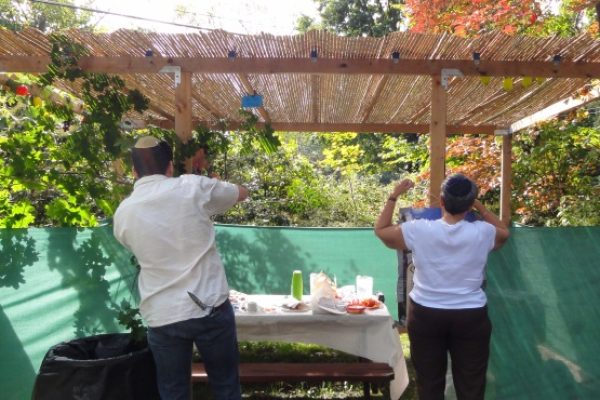We welcome you, Rebecca, who heard God’s voice. From you we learn tenacity and faith, as you pursue God’s will against the odds.
We welcome you, Rachel, beloved of Israel. When we turn to you in sorrow, you gently dry our tears.
We welcome you, Leah, womb of our people. In you we are nurtured and sustained.
We welcome you, Miriam, desert prophetess. From you we learn to offer leadership with joy.
We welcome you, Hannah, Poet of prayer. You teach us that great sacrifice can yield great reward.
We welcome you, Esther, radiant queen. You inspire us to remain true to the Jewish people even in galut (the Diaspora).
We now invite Jewish women from our personal or historical past.
[Note to leader: Acknowledge that many of these women may be on the name-panels. They may be women from our history whose lives hold meaning for our own lives. It may also be appropriate to include women who could not be here tonight, whose presence you may wish to welcome. Ask the group to mention their personal ushpizin. If the group is too large to do this as one group, it can be done around the tables or in smaller groups.]
[Note to leader: Please invite women to call out names of historical figures who have meaning for them. If these names are on the panels of your sukkah, draw attention to them. Some examples might include: Ima Shalom (Palestine 50 C.E.), Miriam Benayahu (Medieval Yemen), Dulcie of Worms (Germany, 11th c.), Dona Gracia Nasi (Spain, 15th c.), Gluckel of Hamlen (Germany, 17th c.), Rachel Luzzato Morpurgo (Italy, 19th c.), Emma Lazarus (U.S.A., 19th c.), Henrietta Szold (U.S.A., 20th c), Hannah Szenesh(Hungary and Palestine, 20th c.). If any of these women are going to be mentioned or recognized, you might want to have a very brief biography of each, in case women don’t know who they are.]
Tivu tivu ushpizin ila’in
Tivu tivu ushpizin ka’dishin
Tivu tivu ushpizin dim’hemnuta
Tivu b’tzila de-shechina
Be seated, be seated, exalted guests. Be seated, be seated, holy guests. Be seated be seated, guests of faithfulness, be seated in the shade of the Shekhinah.
From Project Kesher’s “Sukkot by the Water”











